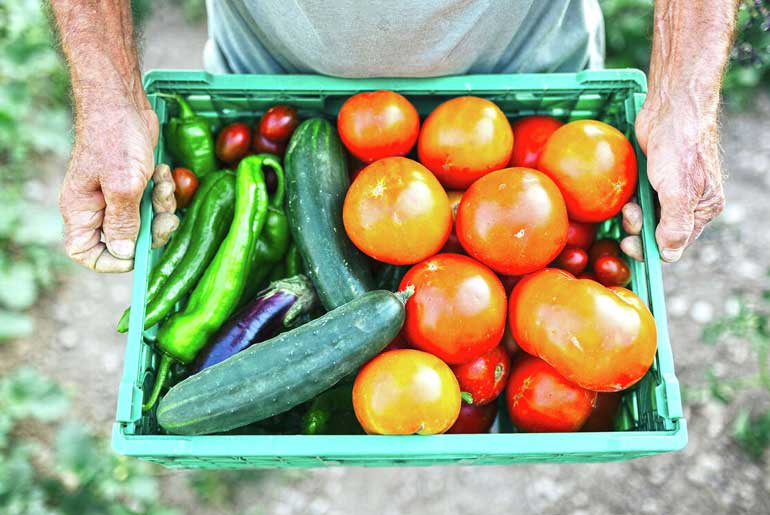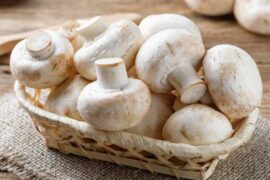Staying properly hydrated is crucial for maintaining good health and longevity. While drinking water is important, experts emphasize that hydration isn’t limited to just water consumption. In fact, nearly 19% of an adult’s water intake usually comes from water-rich foods. These foods are easy to incorporate into one’s diet and offer several health benefits.
Water-rich foods play a vital role in keeping the body healthy. They contribute to preventing dehydration, aiding in waste elimination, lubricating joints, protecting the spinal cord, regulating body temperature, managing body weight, and even potentially reducing calorie intake when replacing sugary beverages.
“A lot of foods are high in water content, especially fruits and vegetables,” stated Penny Kris-Etherton, Evan Pugh University Professor of Nutritional Sciences at Penn State University in University Park, Pennsylvania. “Eating these foods is a way of helping to maintain good hydration status.”
The National Academy of Medicine recommends men to consume around 13 8-ounce glasses of water per day and women to have around nine, with higher intake needed for pregnant or breastfeeding women. Dehydration can set in with even a 2% water deficit below these recommended amounts, leading to symptoms like fatigue, confusion, mood changes, and more.
“Aim for fruits and vegetables that contain at least 85% water,” she stated.
Cucumbers top the list, at about 95% water, Kris-Etherton said. They’re also low in calories while high in fiber and vitamins K and A.
“The neat thing about fruits and vegetables is they bring with them some important nutrients in addition to water,” she stated.
It’s essential to maintain hydration, regardless of the source of the water. When seeking water-rich foods, the produce section of the grocery store is a great place to start. Foods like watermelon, cantaloupe, honeydew, tomatoes, celery, peaches, zucchini, radishes, asparagus, and lettuce are excellent options.
Incorporating water-rich fruits into your diet, especially after exercising or activities that cause perspiration, can contribute to additional hydration. However, it’s crucial not to neglect drinking water itself. While fruits and vegetables can help with hydration, they can’t replace the necessity of daily fluid intake.
When choosing foods for hydration – or any other purpose – Jones said it’s important to seek a wide variety. “Don’t stick with just one kind. Be willing to try new things.”
What’s not good for hydration are drinks that contain alcohol or caffeine, including many popular energy drinks, Kris-Etherton stated. “They can worsen dehydration. And sports drinks often contain a lot of sugar. They’re really not a good source of fluid for staying hydrated. You need to read the labels.”
To put it into perspective, a cucumber that’s 95% water can contribute around 3.3 ounces of the recommended 72 ounces of daily water intake for women, for instance. Staying mindful of both water consumption and incorporating water-rich foods into your diet can help maintain proper hydration and overall well-being.
Disclaimer:
The information contained in this article is for educational and informational purposes only and is not intended as a health advice. We would ask you to consult a qualified professional or medical expert to gain additional knowledge before you choose to consume any product or perform any exercise.








